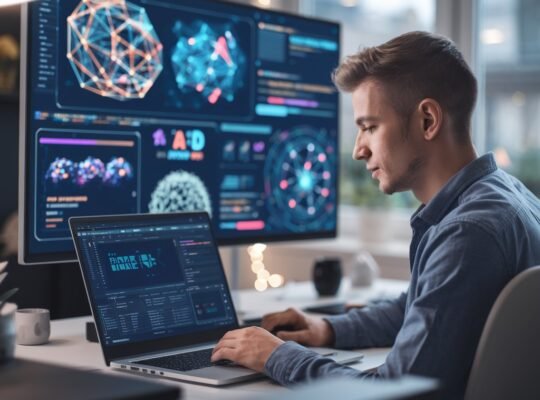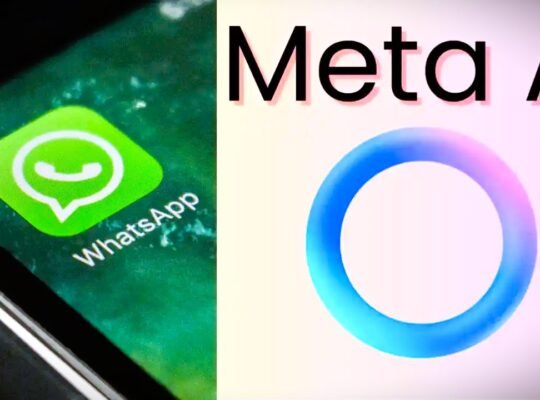Our planet faces a multitude of interconnected challenges, from climate change and environmental degradation to healthcare disparities and political instability. While these issues seem daunting, a new weapon has emerged in humanity’s arsenal: Artificial Intelligence (AI). Like a potent knight in shining armor, AI is charging onto the battlefield, ready to lend its formidable skillset to overcome these complex hurdles.
Climate Change: AI’s Green Crusade:
The fight against climate change demands unparalleled data analysis and predictive modeling. AI excels in both, helping us:
- Monitor environmental changes: AI-powered satellites and sensors track deforestation, greenhouse gas emissions, and ocean acidification with unparalleled accuracy, providing scientists with invaluable data for mitigation strategies.
- Optimize renewable energy: AI algorithms can optimize the placement and operation of wind farms and solar panels, maximizing their efficiency and output.
- Develop carbon capture technologies: AI is assisting in the research and development of carbon capture technologies, removing greenhouse gases from the atmosphere and offering a potential path towards carbon neutrality.
Healthcare: AI’s Healing Touch:
The healthcare sector stands to benefit immensely from AI’s precision and analytical prowess:
- Early disease detection: AI algorithms can analyze medical scans and patient data to identify diseases like cancer or heart failure at early stages, significantly improving treatment outcomes.
- Personalized medicine: AI can personalize treatment plans based on individual patients’ genetic makeup and medical history, leading to more effective and targeted therapies.
- Drug discovery and development: AI can analyze vast datasets of chemical compounds, accelerating the discovery of new life-saving drugs and vaccines.
Global Inequality: AI’s Leveling Hand:
Bridging the gap between the privileged and the underprivileged is crucial for a sustainable future. AI can play a vital role in:
- Education and literacy: AI-powered personalized learning platforms can tailor education to individual student needs, improving learning outcomes and promoting literacy in underserved communities.
- Disaster relief and resource management: AI can analyze weather patterns and predict natural disasters, allowing for better preparedness and efficient resource allocation during crises.
- Financial inclusion and microloans: AI algorithms can assess creditworthiness and risk, providing financial services to individuals and communities traditionally excluded from traditional banking systems.
Challenges and Cautions:
While AI’s potential for good is undeniable, its application demands responsible development and ethical considerations:
- Bias and fairness: AI algorithms can perpetuate existing biases if trained on biased data. We must ensure inclusive data sets and responsible algorithms to avoid further marginalization.
- Job displacement: As AI automates tasks, job losses are inevitable. We must invest in reskilling and education programs to ensure a smooth transition for displaced workers.
- Transparency and accountability: AI decision-making processes can be opaque. We need to advocate for transparency and accountability to ensure responsible use of this powerful technology.
The Future: A Symbiotic Alliance:
The challenges humanity faces are complex and interconnected. AI, though not a silver bullet, is a powerful tool in our arsenal. By harnessing its capabilities responsibly and addressing potential pitfalls, we can forge a symbiotic alliance with AI, one that paves the way for a more sustainable, equitable, and healthy future for all.
Follow TechMack News for the latest AI news.




















2 Comments